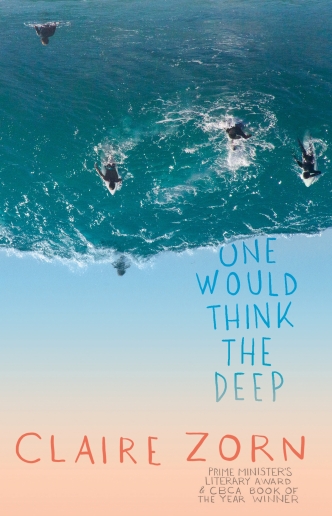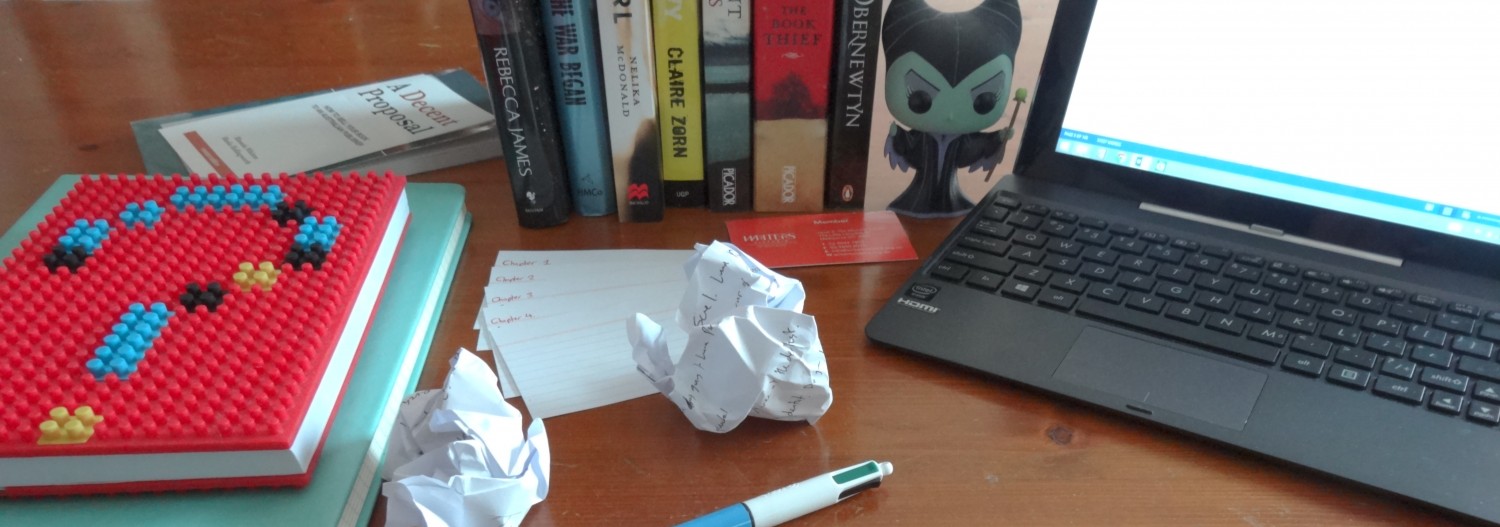
Sam fell into a pattern without making a conscious decision. Out of the water he was messed up, he had turned every good thing he had to shit. In the water he was Minty Booner’s cousin and he would take on any wave that rose up against him. Recklessness or measured risk – the hazy space in-between was solace.
In the summer of 1997, 17-year old Sam Hudson catches his mother as she collapses, felled by an aneurysm. Sam hasn’t seen his Auntie Lorraine Booner in 7 years, but she is the only family he has left. Lorraine’s knee-jerk reaction is to ask Sam if his grandmother can take him in, but she agrees to take him in at a push. With nothing but his skateboard and a few random belongings stuffed into garbage bags, Sam trades Sydney for a camp bed in the small windowless spare room at his Aunt’s house on the surf coast. His aunt won’t look him in the eye, and his cousin Shane makes it clear from the outset that Sam isn’t welcome, but Shane’s younger brother Michael ‘Minty’ greets Sam with Labrador-like enthusiasm. Sam is surprised at how easy it was between him and Minty after all this time, but despite his efforts to emulate Minty’s chilled lifestyle, Sam struggles to escape the grief of his mother’s death and his need to uncover the family secret that led to the 7-year estrangement.
Just as she did with The Protected, Claire Zorn perfectly captures the emotional chaos of grief. Sam spends much of One Would Think the Deep trying not to think of his mother, or of the pointlessness of her death. Sam realises he can switch off the anger and sadness he feels while he is out surfing with Minty. But, surfing is not a peaceful and meditative experience for Sam, as time and time again he is dumped and slammed into the ocean floor, salt water burning through his nose and his chest. Sam turns to violence as a desperate means to stop himself from falling into the black hole of grief, and to somehow reassert himself as a strong masculine figure, but each violent encounter brings him one step closer to losing what little family he has left.
Sam struggles with perceived notions of masculinity, which is shown through his struggle to establish a relationship with Gretchen. He is both envious and fearful of emotional vulnerability. The struggle between masculinity and femininity is cleverly explored through 90’s music. Jeff Buckley is referenced throughout the novel. As Claire discussed at The Melbourne Writers Festival, Jeff Buckley’s vulnerable, effeminate persona was at odds with the hyper-masculine grunge era of the 1990’s. The music of Kurt Cobain fills Sam with a powerful yet restless anger, while Jeff Buckley leaves Sam feeling envious, as Buckley presents himself in a raw emotional state without having his masculinity called into question.
Minty’s perpetually cheerful extroverted persona compliments Sam’s reserved introspective nature, but Minty is just as lost as Sam, as he struggles with navigating through family trauma and the pressure of making it as a pro surfer. Minty tries to show strength through grotesque misogynistic behaviour, through objectification of Gretchen and the manner in which he treats his best friend, Ruby. On the one hand, Ruby’s friendship with Minty allows her privilege out in the surf, but Minty keeps her at a distance by sleeping around. Ruby can more than hold her own, both in the water and around Minty and his friends. Ruby has her own struggles to contend with, as she grapples with her indigenous heritage. Claire wrote the character of Ruby in consultation with the Woolyungah Indigenous Centre at the University of Wollongong.
The family revelation was admittedly predictable, but this did not detract from the readability of One Would Think the Deep. The focus of the novel was not so much the events leading up to Sam’s arrival at his aunt’s home, but whether he can reconcile with his past in order to navigate towards a hopeful future. Claire Zorn has once again created a great mix of believable characters. While Ruby may be the only likeable character, it is the fallibility, vulnerability and earnestness of each of the characters that makes them compelling. As with The Protected, Claire does not present a final conclusion for each of the characters, but there is enough presented about the ensemble throughout the novel to indicate how their lives continue on after the final page.





